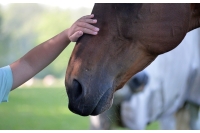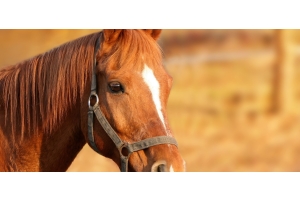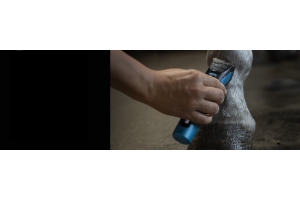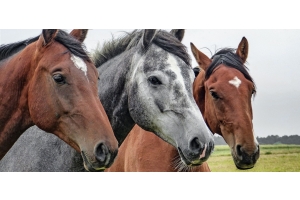Your shopping cart is empty
Discover the 10 aspects of care that every horse needs!
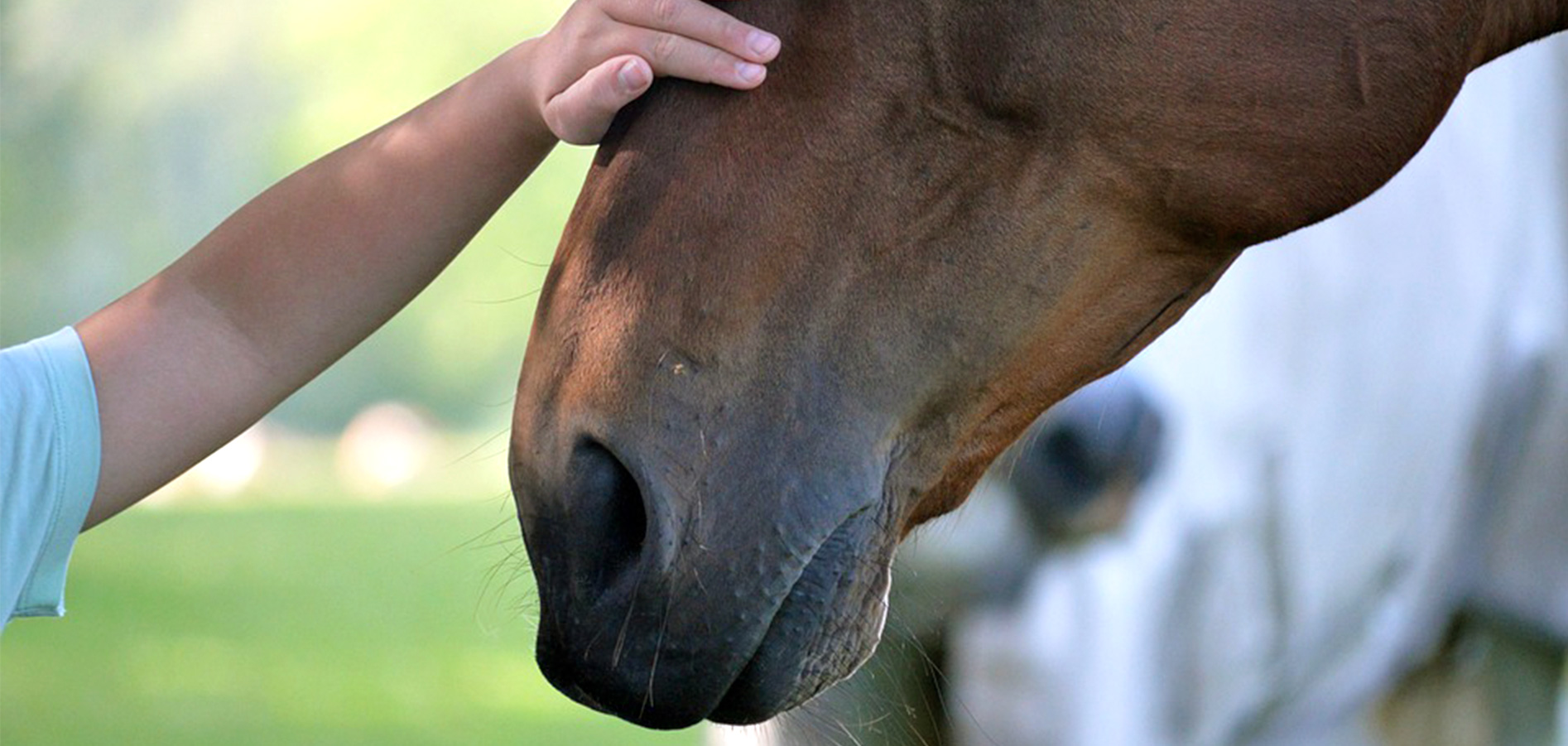
Horses are among the most majestic and sensitive of animals. However, their physical particularities require the right care to ensure they are happy and healthy. As such, with this article, our aim is to show you and explain to you which things are essential for looking after horses. Read until the end!
Guide to basic care for horses
Most people are more familiar with the needs of dogs and cats, but what about horses? With their large size, they have some specific needs that must be properly cared for. In this guide, we have summarized the 10 main aspects that you must bear in mind.
1. Bathing
Grooming is a basic aspect to equine health and wellbeing. However, there’s no exact stipulation for how often to bathe a horse, as it will depend on the physical exercise and condition it is in. Generally speaking, once a week is usually enough:
- Use special shampoo for horses and the aid of a mitt for the body and a sponge for the face.
- With a hairdryer, you can remove any traces of water after the bath.
2. Brushing
This is certainly one of the key aspects to hygiene to get a horse’s coat to look beautiful and healthy. For this, you will need various tools for the different areas and functions:
- Coarse Brush. This brush will enable you to remove dirt and dried sweat.
- Mane and tail comb. This is used to untangle the hair. For this, it’s always a good idea to first apply a detangler.
3. Hoof maintenance
The hooves are one of the horse’s most sensitive areas. That’s why we need to devote a few minutes every day to cleaning them. We recommend that you ask a professional about the best way to remove dirt and to oil the hooves to protect them from moisture and dryness.
4. Horseshoeing
This is another basic aspect to looking after the hooves. Every six weeks, remember to ask the blacksmith to trim or shoe the horse’s hooves. Don’t allow too much time between one shoeing and the next. If you do, the hoof will grow too much and this will affect the animal’s balance, which will lead to other problems.
5. Dental care
This is something you particularly need to take into consideration with young horses, as this is when the teeth start to appear. The most advisable thing to do is ensure that the dentist examines them approximately every six months, as the mouth is one of the most delicate areas. With time, we need to prevent the teeth from lacerating the gums and the mucous membrane. If this happens, it could lead to infections and pain that even prevent the horse from eating.
6. Stable care
Advice for looking after horses also includes the place where they sleep. First of all, give them a large enough shelter that protects them from the elements. Of course, you will need to keep the stable clean and remove the manure daily. It is also important that you make a bed with straw or shavings where the horse can rest comfortably.
7. Water and food
Horses need you to give them enough water and food every day. Although their needs vary widely from one animal to another, generally speaking, horses can consume up to 10 kilos of food and 55 liters of water every day. As their caretaker, your job is to ensure they have access to food and water.
8. Exercise
Activity is very important to a horse’s physical and mental health. After all, they are used to spending the whole day walking and eating peacefully. That’s why it is very important that they have the chance to run, walk and enjoy the outdoors every day.
9. Rest
As we said, exercise is essential, but we mustn’t forget about rest. With this in mind, it’s necessary to allow a horse to rest from physical activity for two days a week.
Remember to also allow some time between a period of activity and their mealtimes. Consuming food immediately after exercise may be unpleasant for them.
10. Veterinary care
Like any other pet, horses need regular visits from the vet. This professional will be responsible for monitoring the horse’s health, giving it the relevant vaccinations and providing any anti-parasitic treatments that may be needed.
By following the important tips for looking after horses that we have described above, you’ll have the certainty that they are being perfectly looked after at all times. If you have more questions, don’t hesitate to contact your vet.




